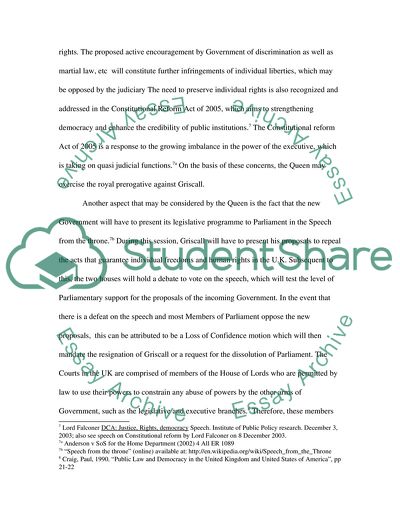Cite this document
(Analysis of Administrative and Constitutional Law Cases Case Study, n.d.)
Analysis of Administrative and Constitutional Law Cases Case Study. https://studentshare.org/law/1707014-administrative-constituitional-law
Analysis of Administrative and Constitutional Law Cases Case Study. https://studentshare.org/law/1707014-administrative-constituitional-law
(Analysis of Administrative and Constitutional Law Cases Case Study)
Analysis of Administrative and Constitutional Law Cases Case Study. https://studentshare.org/law/1707014-administrative-constituitional-law.
Analysis of Administrative and Constitutional Law Cases Case Study. https://studentshare.org/law/1707014-administrative-constituitional-law.
“Analysis of Administrative and Constitutional Law Cases Case Study”. https://studentshare.org/law/1707014-administrative-constituitional-law.


